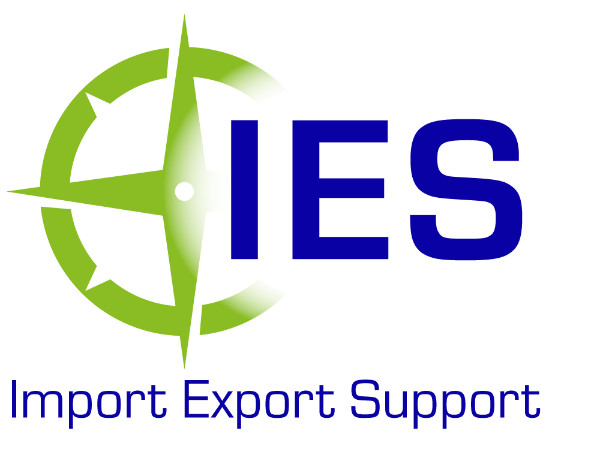A view on Brexit UK options & Next steps
Sequence of events:
- By October the UK triggers Article 50 of The European Union (TEU)
- The European Council (minus the UK) must then agree by consensus the terms of the UK’s withdrawal. Any agreement will need to have a ‘qualified majority’
- The European Parliament (EP) will then need to approve the deal. This would require a ‘simple majority’ of its 751 MEPs. (MEPs from the UK would more than likely be allowed to vote, because at this stage the UK will still formally be part of the EU)
- When it leaves the EU the UK will also need to update the terms of its World Trade Organisation (WTO) membership with all of the other 160 WTO members. The UK will need to negotiate the rights and obligations, which they currently benefit from as a part of their EU membership.
**Even once Article 50 is triggered EU Treaties would continue to apply to the UK until either a new agreement comes into force or two years whichever is the sooner.
** The only way that this timeframe can be extended would be if the remaining Members states, by unanimous agreement, were to grant an extension.
The Current Options
UK go it alone
- The UK is not part of any customs free trade area or trade association
- The UK is not part of EU VAT area
- The UK is free to negotiate bilateral trade agreements with EU and other major trading partners
- The UK will be excluded from all FTAs agreed by the EU and the EFTA
UK Join – European Free Trade Association (EFTA) – an intergovernmental organisation set up for the promotion of free trade & economic integration which currently has four members Iceland, Lichtenstein, Norway and Switzerland.
- It is governed by the EFTA Convention allowing free trade relations between the 4 EFTA States;
- EFTA’s has negotiated a network of worldwide free trade agreements
- Under the European Economic Area (EEA) Agreement, three of its members Iceland, Liechtenstein and Norway can participate fully in the EU’s Internal Market.
UK becomes a Member of European Economic Area (EEA) – Norway, Iceland & Liechtenstein & the 28 Member States make up the members of the EEA
- Participation in the EU internal market
- Access to EEA comes from being a member of EFTA
- Free movement of goods, services, people & capital
- No access to EU Free Trade Agreements (“FTAs”) & UK not part of EU VAT area
- Certain principles of EU law apply in relation to regulation & employment
For more information or help email [email protected] or send us a message through the contact us page or simply call 07710238113

